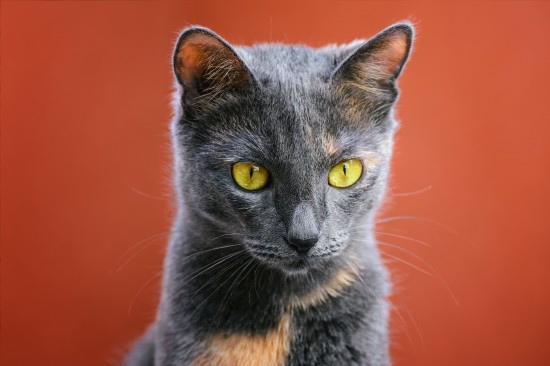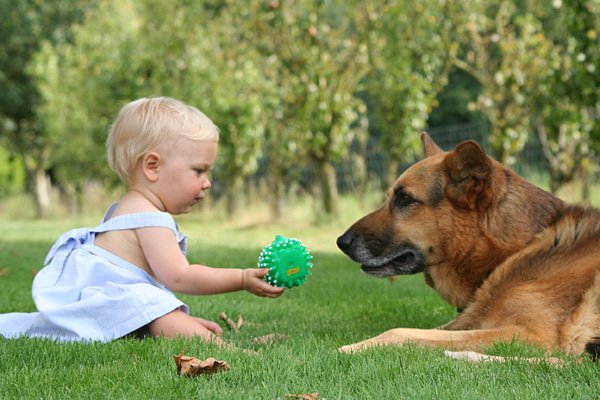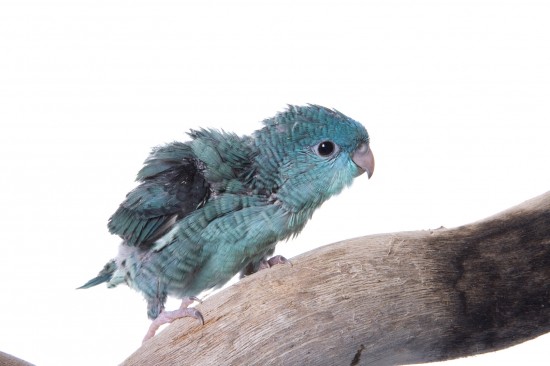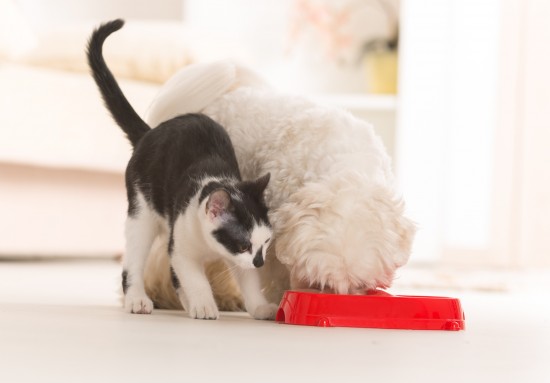

Cats are wonderfully independent creatures but they still need lots of care. The beauty of owning a feline friend is they are always willing to show affection when they want to before shooting off somewhere to do their own things, whether it's to go out hunting or to find a lovely warm spot to snooze the day away.
When it comes to health issues, there are several which tend to affect cats more than others. Knowing what to look out for allows owners to recognise the early signs there might be something wrong with their pet and as a rule of thumb, the sooner a condition is diagnosed and treated, the sooner your pet is made more comfortable. On top of this, most health issues when caught sooner rather than later are easier to treat and the prognosis is generally that much better too. Below is a list of health issues that more commonly affect our feline friends:
Cats are prone to suffer from lower urinary tract disorders which FLUTD encompasses. There are some pretty obvious signs to watch out for when a cat has a problem which includes the following:
If you notice your cat is experiencing any of the above, it could be because they have a urethral blockage and if not treated, it could prove fatal. There could be several causes why a cat develops a urinary tract disease including the following:
A vet would need to establish the root cause of the problem before recommending a treatment. They would however, prescribe some sort of pain relief medication to make your pet more comfortable sooner rather than later.
Sadly, cats tend to suffer from certain forms of cancer which affect their lymphatic systems, one of which is called Lymphosarcoma. All too often it's associated with the leukaemia virus. The cancer is found either in the intestines or it could be located in a cat's chest. Another form of cancer commonly seen in our feline friends is squamous cell carcinoma which typically affects white cats.
When it comes to treatments, this rather depends on the form of cancer and at what stage it has first been diagnosed. Therapies however, could include chemotherapy, if the cancer is operable a vet might recommend surgery, immunotherapy and radiation. You need to bear in mind that vets specialising in oncology would be the people to recommend a treatment for cats that have been diagnosed with cancer.
Cats are also very prone to kidney issues which can be quite serious because it could mean a cat loses their ability to get rid of toxins via their urine. These toxins then start to build up in their blood which in turn can cause irreparable damage to a cat's vital organs.
There could be several reasons why a cat develops a kidney disease which includes the following:
As cats get older their kidneys start to show the wear and tear of time which means they no longer function as well as they once did. Typical symptoms a cat would experience include the following:
However, it has to be said that some cats never show any of the above symptoms which can make pinpointing there may be a kidney problem quite difficult until the condition is quite advanced which in turn can affect the outcome.
Dental disease is another health concern commonly seen in cats and if left untreated can lead to all sorts of other health issues which could prove fatal. It's usually quite easy to spot when a cat has a problem because they have trouble eating. Other signs your pet might be suffering from a dental issue includes the following:
If you notice your cat is having problems eating or refuses to eat anything at all and are constantly drooling or scratching at their mouths, you should take them to the vet as soon as possible to have them checked out. If left untreated a dental problem can lead to an oral mass forming in your cat's mouth which is also known as dental tumours and these often prove fatal.
Keeping cats safe and healthy is something all pet owners want to do, so knowing when there may be problem means getting down to the vet sooner rather than later. A with many health issues, the sooner a correct diagnosis is made and a treatment set in place, the faster your cat would be made to feel more comfortable. The other very important thing to remember is that when health issues are caught early enough, they tend to be that much easier to treat which in turn means a better prognosis.
 4 Lovely Nordic Dogs That Make Perfect Companions
4 Lovely Nordic D
4 Lovely Nordic Dogs That Make Perfect Companions
4 Lovely Nordic D
 Dogs Body Condition Scoring Explained
Dogs Body Conditi
Dogs Body Condition Scoring Explained
Dogs Body Conditi
 Dog Separation Anxiety and How to Deal with It
Dog Separation Anxiety and How to Deal with It
Dog Separation Anxiety and How to Deal with It
Dog Separation Anxiety and How to Deal with It
 The Lineolated Parakeet (linnies)
The Lineolated Pa
The Lineolated Parakeet (linnies)
The Lineolated Pa
 Dogs That Eat Cat Food - Is This Really A Problem?
Dogs That Eat Cat
Dogs That Eat Cat Food - Is This Really A Problem?
Dogs That Eat Cat
Copyright © 2005-2016 Pet Information All Rights Reserved
Contact us: www162date@outlook.com